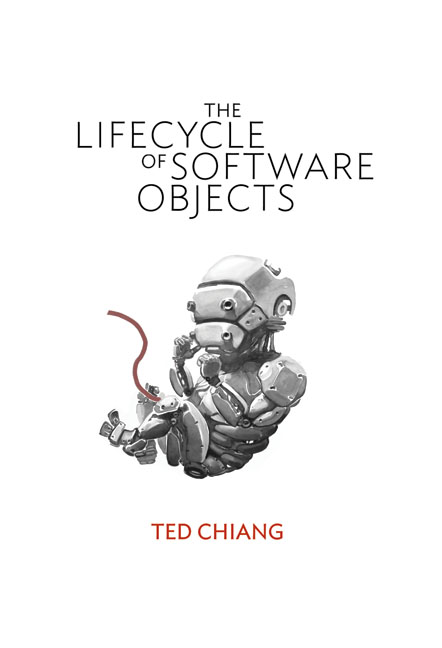Artificial intelligence is a terrible shorthand

For decades Ted Chiang has been my favorite living science-fiction writer. Winners of numerous Hugo and Nebula prizes (Nobel and Pulitzer for SF writers), he's always been writing at the intersection of hard technology and philosophy. No dudes fighting with physics-defying lightsabers and spaceships going vroom in the void of space for him, no sir. Many of his books did interrogate what artificial consciousness would be and how systems would mimic intelligence. If you are tired of Silicon Valley's tech bros and TikTok influencers trying to feed your their opinion on the very subject, I'd suggest you'd consider listening to Ted.
In a recent interview, he nailed what bothered me for quite some time now with all the artificial intelligence drama:
Chiang’s main objection, a writerly one, is with the words we choose to describe all this. Anthropomorphic language such as “learn”, “understand”, “know” and personal pronouns such as “I” that AI engineers and journalists project on to chatbots such as ChatGPT create an illusion. This hasty shorthand pushes all of us, he says — even those intimately familiar with how these systems work — towards seeing sparks of sentience in AI tools, where there are none. “There was an exchange on Twitter a while back where someone said, ‘What is artificial intelligence?’ And someone else said, ‘A poor choice of words in 1954’,” he says. “And, you know, they’re right. I think that if we had chosen a different phrase for it, back in the ’50s, we might have avoided a lot of the confusion that we’re having now.” So if he had to invent a term, what would it be? His answer is instant: applied statistics. - The machines we have now are not conscious, NYT (paywall)
Pause five minutes on this and consider how it does reframe everything about AI...
Every question asked, every argument or opinion about AI becomes vastly simpler and sound if you change it with 'applied statistics.'
And now, you have to read the "Lifecycle of Software Objects"–sorry, I don't make the rules 😊–where Ted 2010 explained how an LLM would be birthed and grow from its own perspective...



